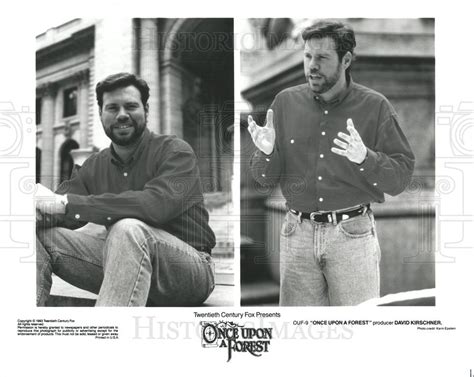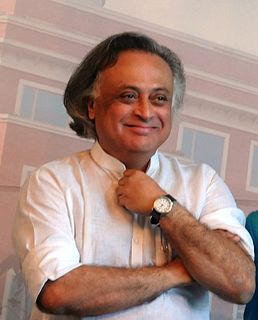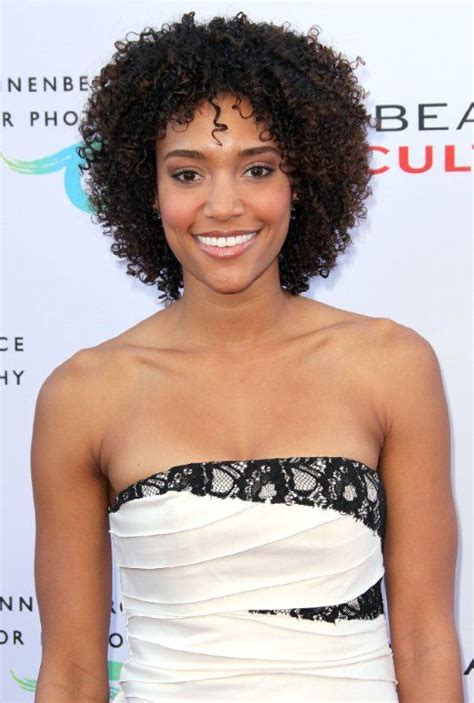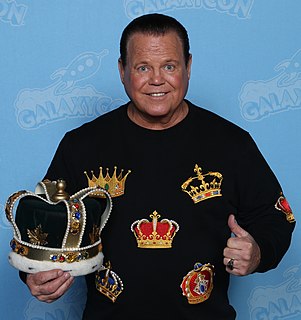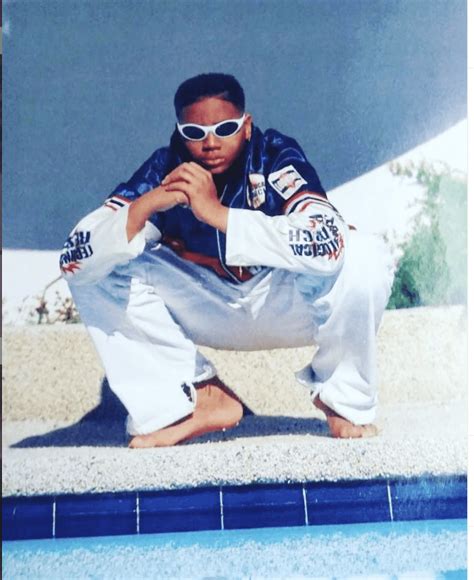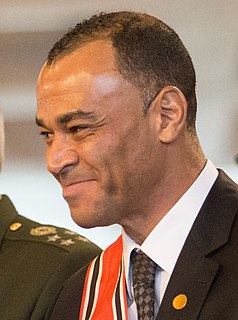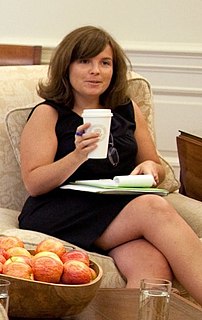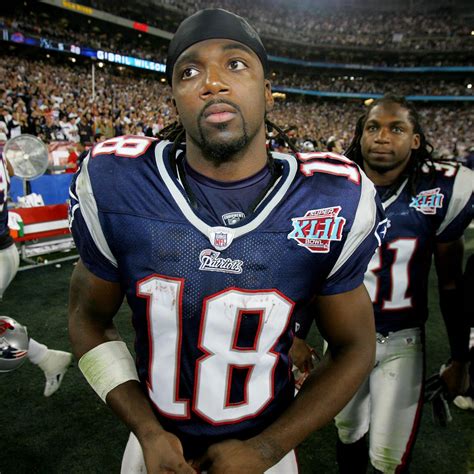A Quote by Paul McCartney
If anyone had told me in the '60s that 20 years later we'd still be talking about whether pot was worse than this or that, I'd have said, Oh, come off it, boys.
Related Quotes
I know stories of Tupac, but I was really, really young when he passed. The fact that he was such a thespian, and so passionate about his craft, was shocking to me in a way. I'm shocked to see that here's this man that passed at 25 that we're still talking about, 20 plus years later. That's an eye-opener for me.
Lee Strasberg told me I had talent. Real talent. It was the first time that anyone, except my father--who had to say so--told me I was good. At anything. It was a turning point in my life. I went to bed thinking about acting. I woke up thinking about acting. It was like the roof had come off my life!
When I had been dating my husband for a while, the president Obama said to me, "When is he going to put a ring on it?" And I was like, "Oh, come on. We are so busy. We don't need to think about that." He said, "He needs to put a ring on it because you're worth it." And the thing is, I'm not even kidding you, it was about a week or two later that we got engaged.
I had a student once come up to me and we were talking about this incident, and, of course, I never had the right thing to say. But later on, I realized I should have said: Don't write about trying to change the world, just write about a changed world or a world that's not changing. Let that do the work.
Malcolm Gladwell was on TV talking about wanting to have college football banned. It's interesting just because of him even bringing the topic up. Sooner or later, whether people are for or against it whether they like it or not, that is going to be a discussion that is going to come up. That's how it all starts - someone brings up the inquiry: Should we continue to let our children play Pop Warner, high school, and college football? Ten, 15, 20 years from now, who knows where that conversation is going to be.


